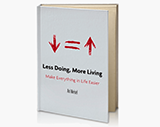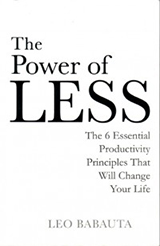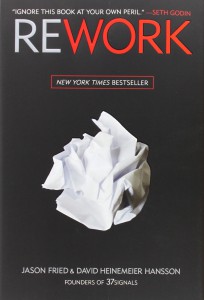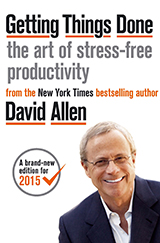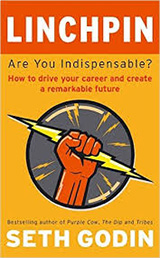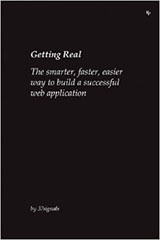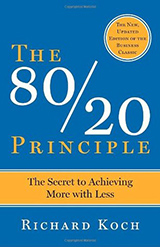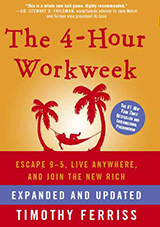The Secret I’ve Learned After 5 Years Of Food Experiments
For 5 years I’ve been running a food experiment on myself.
And 143 days ago I discovered a secret formula that has changed my life.
I’m going to share that secret with you right now.
But first, a warning.
Just because you’ll have the secret formula in a few moments from now, doesn’t mean you can follow the recipe.
I think you’ll find it very hard.
And I think even if you try it, you’ll quit (several times).
But if you stick with it, your body will start to change the way mine has changed.
The secret to the secret is to take it one 30-day challenge at a time. I’ll tell you more about this technique shortly, but first, I think a short timeline of my journey will help. Continue reading “What I’ve Learned From 5 Years of Food Experiments On Myself”



